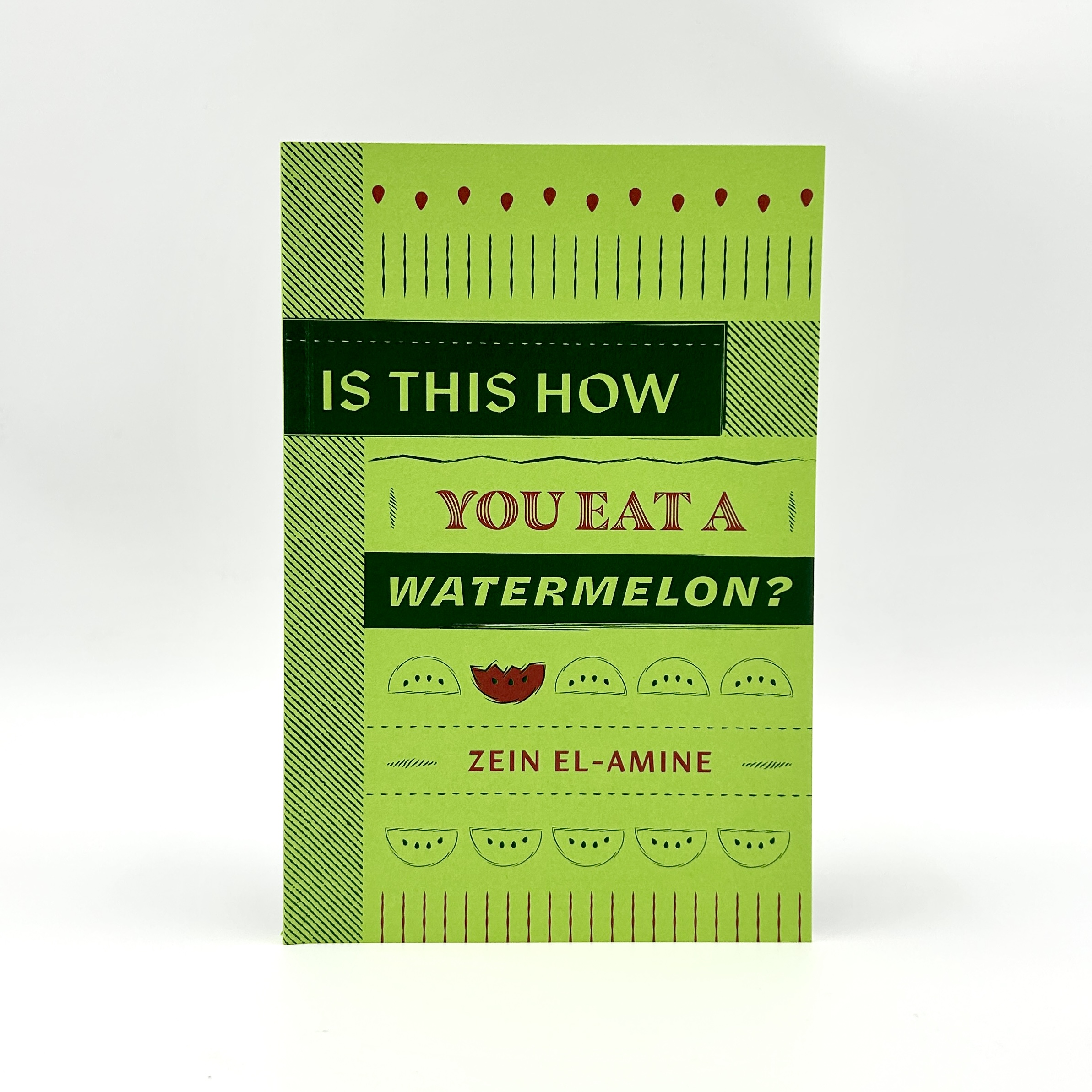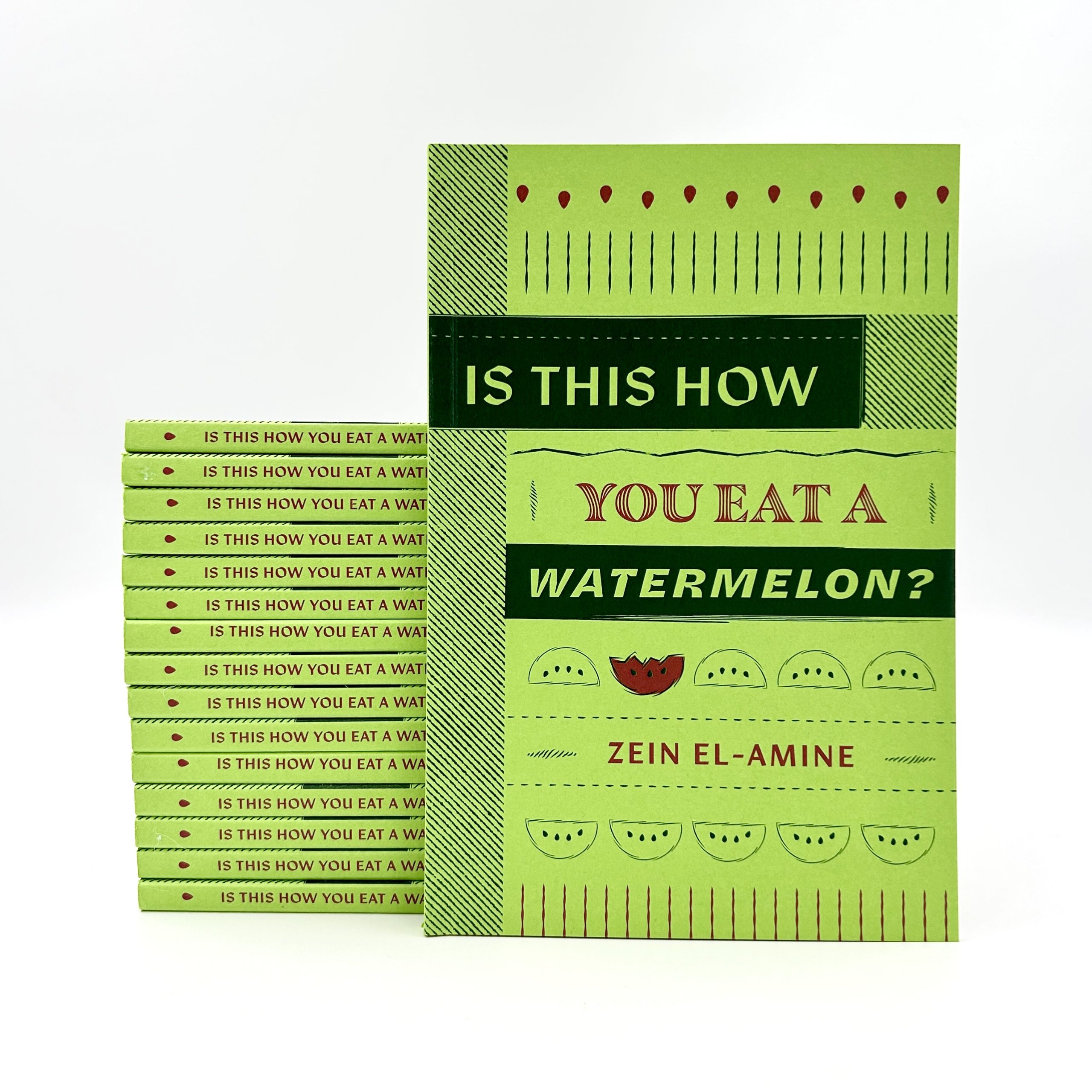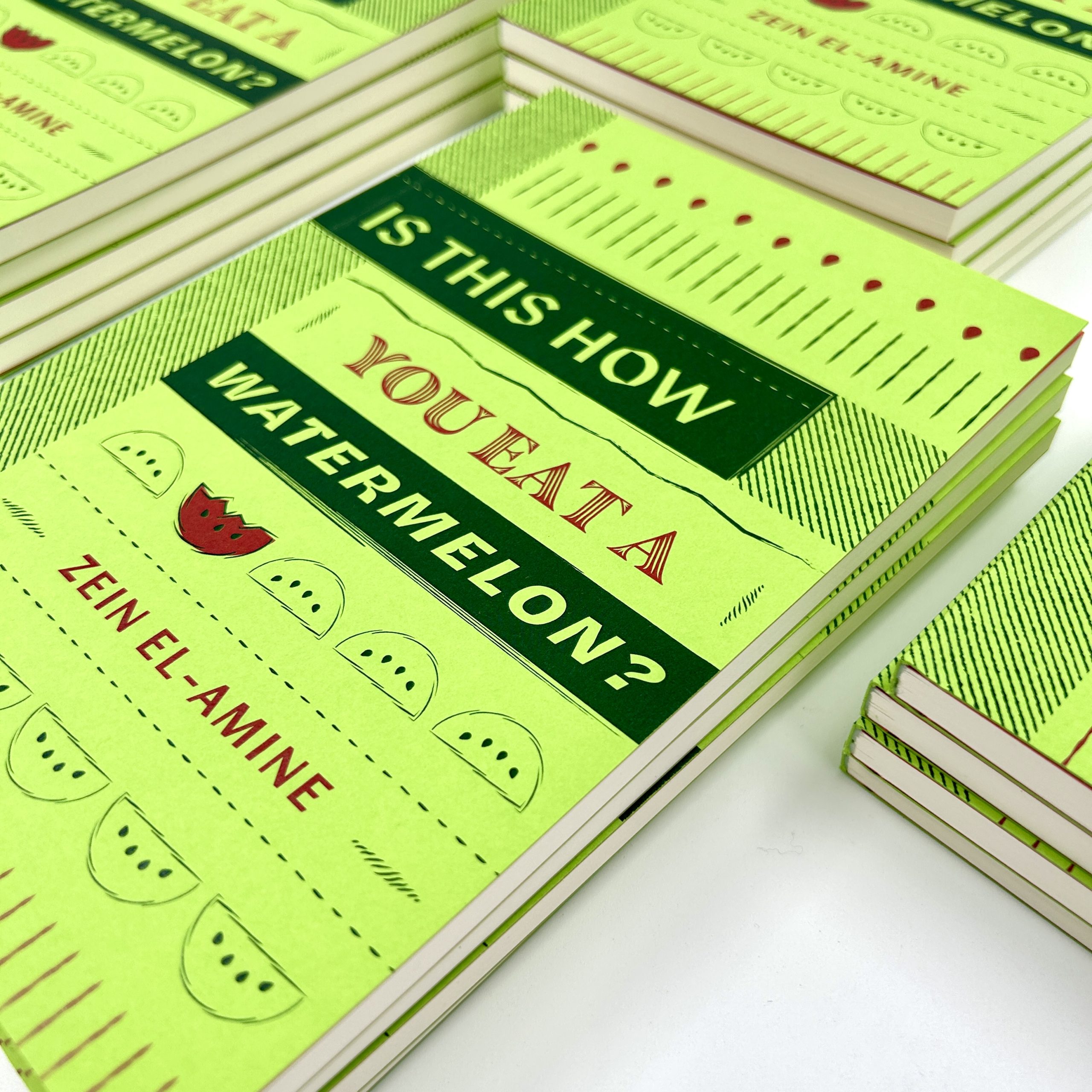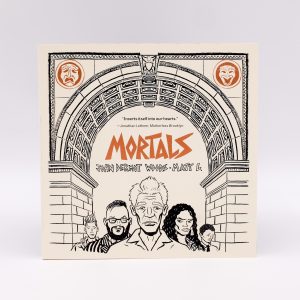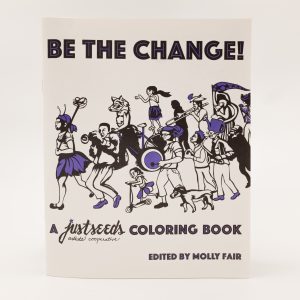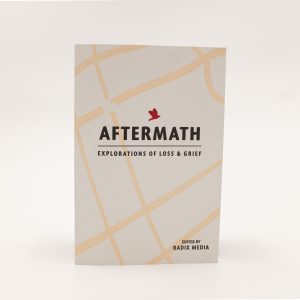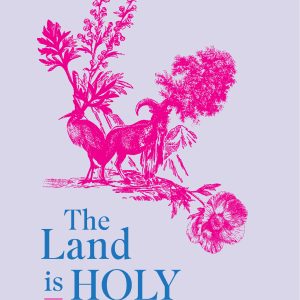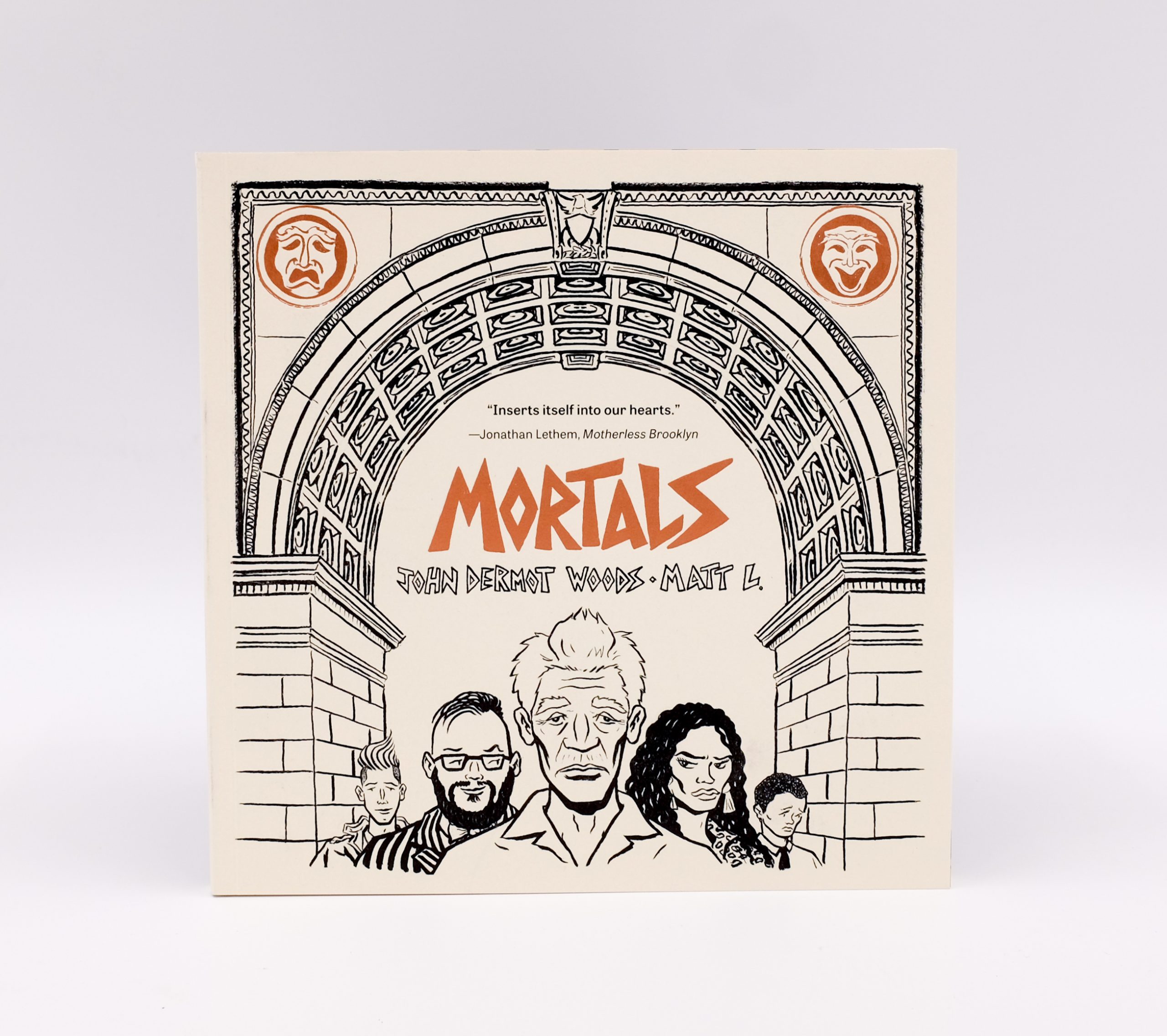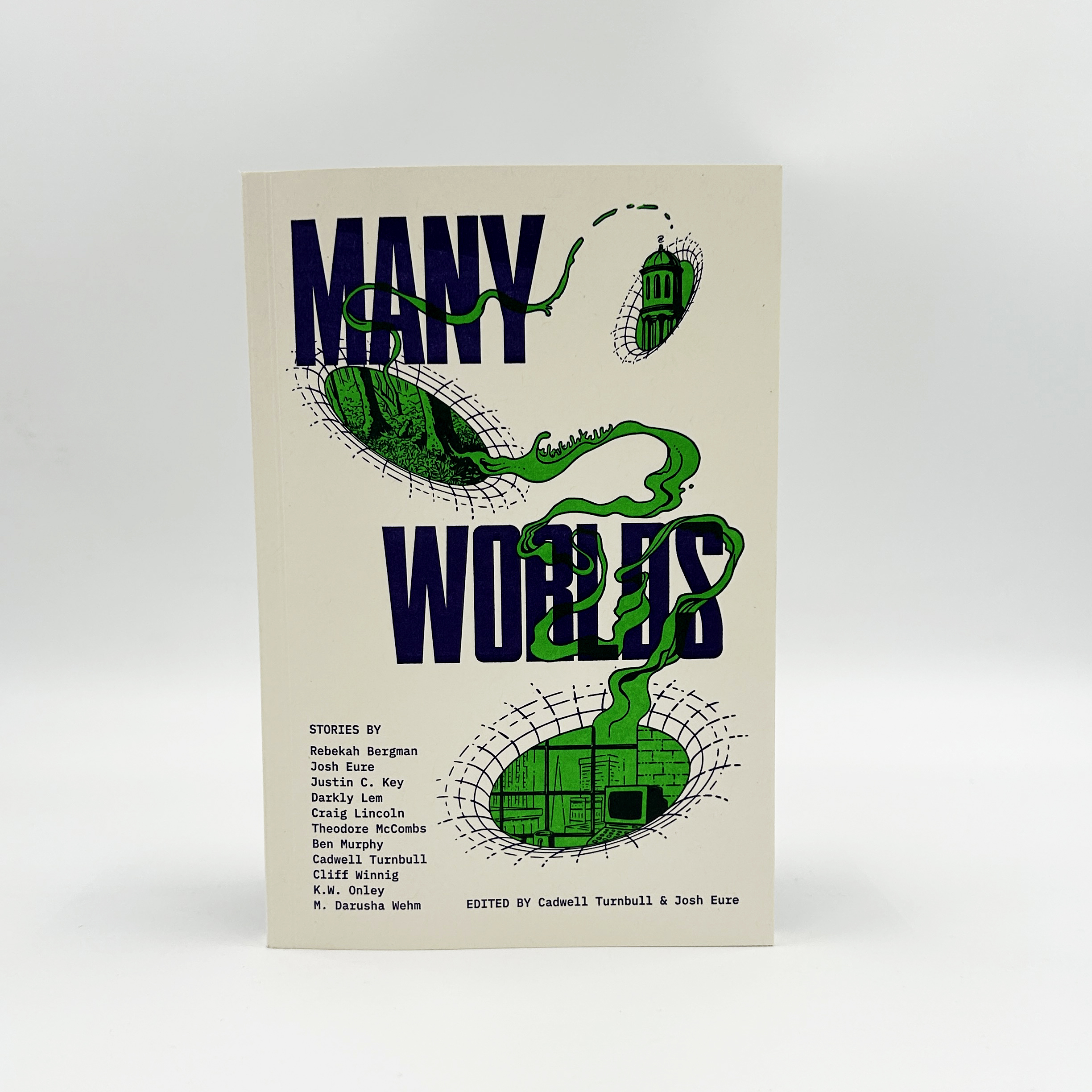Description
Is This How You Eat a Watermelon? invites readers into a world where love, war, and trauma collide with the desire to consume life—or be consumed by it.
Here, a dozen boarding school students find themselves stranded at the beginning of the Lebanese Civil War. A young man, a young woman, and a mistreated monkey unite in a bid to survive. Even Israel’s war on Lebanon cannot stop an old woman from getting her fix of nicotine. A young Lebanese student on a visit to Bahrain is wrongly implicated as a terrorist and placed in a prison with other political prisoners where light and hope is absconding. Fresh snow compels a sacrilegious undertaking from a father much to the shock of his children. Shared trauma takes the shape of spectral phantoms. And in the titular story, a hedonistic man eats himself to an early death with the desecration of the city of Beirut forming the backdrop.
Proficient and empathetic, these seven short stories span war-torn Lebanon, Saudi Arabia, and the United States to tell stories of transit and survival. With commitment to the vulnerability of the human experience and a fierce loyalty to characters bearing the trauma of war, Zein El-Amine’s collection is joyful and devastating, daring the reader to look away.
WHAT PEOPLE ARE SAYING
“Brimming with both tenderness and boldness, Is This How You Eat a Watermelon? is a powerful, concise collection that had me enthralled from the first story to the last. These richly crafted stories are sometimes humorous, always compelling, meditations on love and passion, cruelty and beauty, and fear and loss during times of war, including the wars raging quietly inside of us.” —Deesha Philyaw, The Secret Lives of Church Ladies.
About the Author
Zein El-Amine is a Lebanese-born poet and writer. He has an MFA in Poetry from the University of Maryland. His poems have appeared in Wild River Review, Folio, Beltway Quarterly, Foreign Policy In Focus, CityLit, and others. His latest poetry manuscript “A Travel Guide for the Exiled” was recently shortlisted for the Bergman Prize, judged by Louise Glück. His short stories have appeared in the Uno Mas, Jadaliyya, Middle East Report, Wild River Review, About Place Journal, and in Bound Off.


